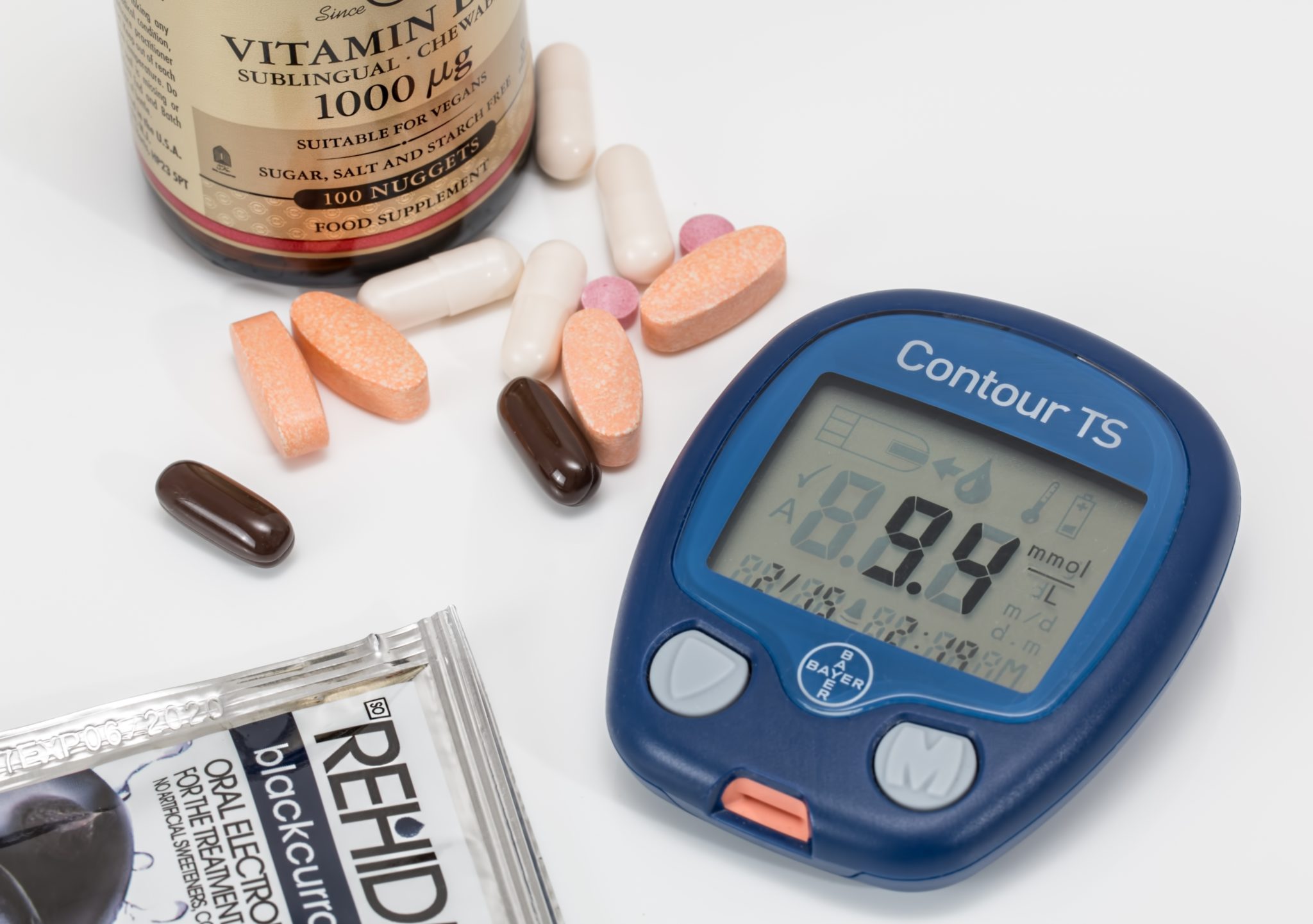The antioxidant coenzyme Q10 (CoQ10) is found in many living things and is utilized by our cells to process electricity and function properly. Naturally occurring CoQ10 declines as people age, and based on the National Institutes of Health, several diseases and genetic disorders are related to, but not necessarily caused by, reduced levels of CoQ10, including heart disorder and a few cancers.
CoQ10 is available as a supplement, but whether or not the supplement improves heart function or alternative health outcomes is somewhat controversial.
Here is exactly what you need to know about this nutrient — both in its natural and supplement form.
Why Our Data Need CoQ10
Our cells utilize CoQ10 to help to turn the energy we have from carbohydrates into adenosine triphosphate (ATP), the form of energy our cells can in fact use to perform many critical functions in the body. ATP is crucial for healthy bones, metabolism, and muscle and neurological functioning.
CoQ10 also acts as an antioxidant with vitamins C and E and selenium to help prevent free radical damage to our cells, ” explains Roberta Anding, RD, CDE, a sports dietitian and an associate professor at the Baylor College of Medicine Department of Orthopedic Surgery at Houston and a spokeswoman for the Academy of Nutrition and Dietetics.
How Much CoQ10 We Want
The body naturally creates coenzyme Q10 in amounts sufficient to avoid deficiency, and no indications related to CoQ10 deficiency have been observed in the overall population. About one-quarter of this CoQ10 in a individual’s bloodstream is thought to come from dietary sources, with the remainder produced internally.
“poultry, meat, and fish would be the overriding food sources of coenzyme Q10,” Anding says. But amounts of this antioxidant in these foods are not high enough to significantly boost levels in the body.
Possible Health Benefits of CoQ10 Supplements
CoQ10 is available as a dietary supplement in many forms, including tough shell and soft gel capsules, an oral spray, along with tablets. And while there is some evidence that CoQ10 supplements can help a number of diseases, other research has yielded conflicting results. That implies more research will need to be done in order to reach conclusions about who may benefit most from accepting a CoQ10 supplement — if to treat or prevent several diseases.
As an instance, CoQ10 supplements are generally prescribed to people taking cholesterol-lowering who whine about muscle pain, Anding notes. And while several smallish studies support the use of CoQ10 supplements for this purpose, two recent studies reveal contradictory evidence. A randomized trial followed 120 patients taking statins for high cholesterol. Muscle pain was confirmed in just over a third of the patients (by assessing muscle pain associated with the statin usage with muscle pain associated with a placebo medication). For many patients that did have muscle pain, CoQ10 supplements did not help, according to the .
A meta-analysis of several randomized controlled trials found no significant benefit for improving individuals’ muscle pain related to statin use, however concluded larger, better-designed trials were required to confirm that. That .
Thus Far, according to the Mayo Clinic, several other potentially promising uses for CoQ10 supplements (with varying degrees of supporting evidence) contain:
- Improving immune system function in people with HIV or AIDS
- Enhancing symptoms of chronic fatigue syndrome
- Assisting at the treatment of the defense of organs out of toxic chemotherapy medications
- treating gum disease
- Helping patients with Alzheimer’s disease
- Fixing Parkinson’s disorder
- Increasing sperm count and motility
None of those uses for CoQ10 supplements have been proven to work, but study indicates taking CoQ10 in proper dosages (30 to 200 milligrams daily for adults) is comparatively secure. It is important to note that the U.S. National Institutes of Health (NIH) does not suggest that kids take CoQ10 unless under the supervision of a doctor.
As noted by several institutions, including NIH and the University of Maryland Medical Center in Baltimore, CoQ10 supplements may interact with other medicines you’re taking or cause other unwanted effects, so experts advise that anyone considering using the supplement consult a healthcare provider first.
source
http://revivelifesupplements.com/coenzyme-q10-coq10-miracle-supplement-or-not/
